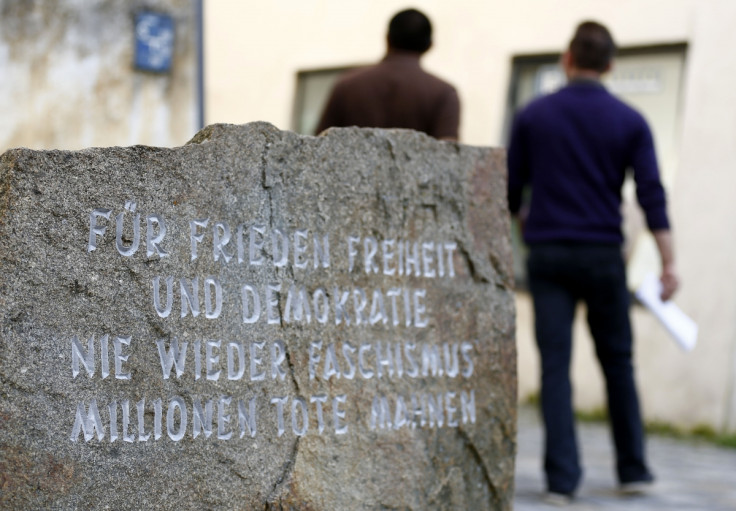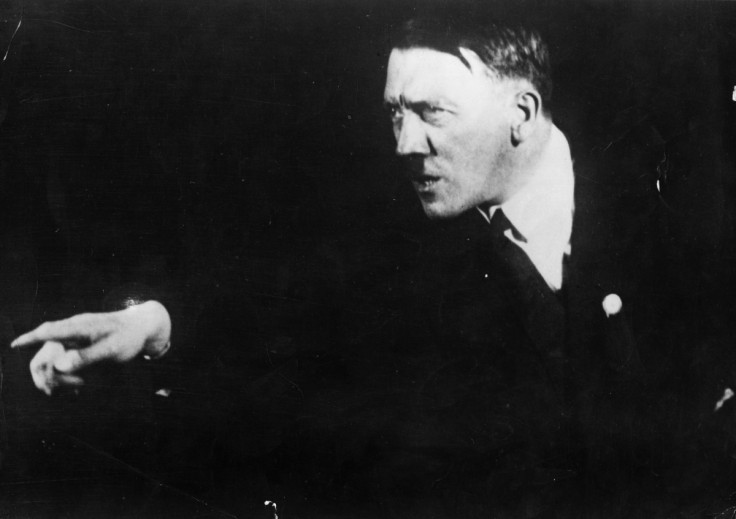Austria to seize house where Adolf Hitler was born to stop it becoming a neo-Nazi shrine

The Austrian government is planning to repossess the home where Adolf Hitler was born in order to prevent the building becoming a shrine to neo-Nazis. The house, in the town of Braunau am Inn on the German border, has been subject to years of discussion about its use.
Hitler, the fourth of six children, was born in the house on 20 April, 1889, and only lived in the house, in Salzburger Vorstadt, for 15 weeks, before his family moved to another address in Braunau. The family spent three years in the town before relocating to Passau in Germany.
The property has been leased by the Austrian government from its owner since 1972, and was most recently used as a centre for people with disabilities. In 2011, it fell empty after the owner, Gerlinde Pommer, snubbed plans to renovate the building. Pommer has also reportedly turned down a purchase offer made by the Interior Ministry in the past.

If repossessed, Braunau's 17,000 residents are said to be split on how to use the building with ideas ranging from a refugee or education centre, museum or a centre designed to confront the nation's Nazi past. A Russian MP has even offered to buy the house then blow it up.
The proposal would include a financial offer of compensation to Pommer. Outside the house is a stone outside inscribed with the words: "For peace, freedom and democracy, never again Fascism. In memory of millions of dead." But Hitler's name is left off the inscription.

Without saying exactly what the government would do with the property, interior ministry spokesman Karl-Heinz Grundboeck told AFP news agency of the plans. He said: "We are currently examining the creation of a law, which would force a change of ownership and pass the property to the Republic of Austria. We have come to the conclusion over the past few years that expropriation is the only way to avoid the building being used for the purposes of Nazi [sympathisers]."
Hitler's Nazi party ruled Germany from 1933 until his death in 1945, as the Second World War came to an end in Europe. More than 11 million people are believed to have died in Nazi concentration and death camps during the Holocaust – six million of the dead were Jews, about 78% of Europe's Jewish population.
Aged 35, Hitler wrote Mein Kampf, meaning My Struggle, during his imprisonment in Landsberg Prison. Regarded as the political manifesto of Hitler, the book describes his ideology and his plans for Germany that eventually led to a war and genocide.
© Copyright IBTimes 2025. All rights reserved.




















